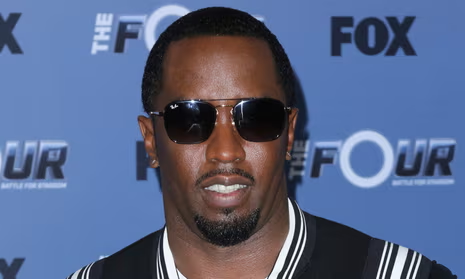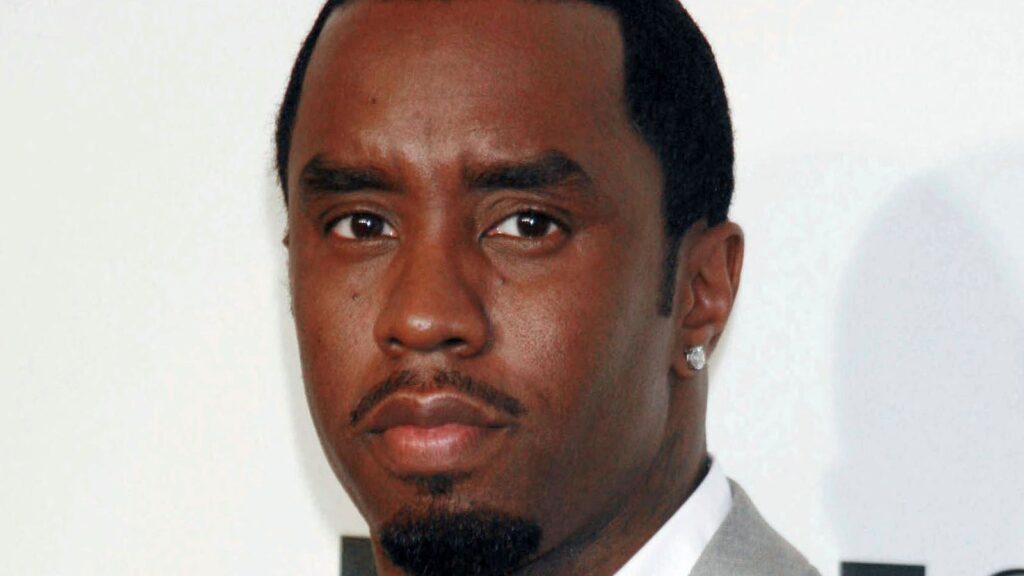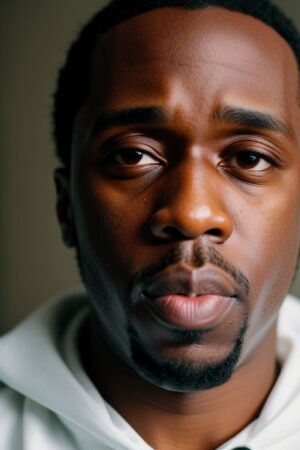Sean Combs, known by many names — Puff Daddy, P. Diddy, Diddy, and Love — has long been a towering figure in hip-hop and business. Once a symbol of ambition, innovation, and cultural influence, his name now conjures controversy, legal battles, and a legacy in question. This is the story of how a Harlem hustler became a billionaire icon, only to find himself at the center of one of the most dramatic downfalls in the entertainment world.
The Meteoric Rise: From Intern to Mogul
Early Days and Bad Boy Records
Born Sean John Combs on November 4, 1969, in Harlem, New York, his rise was shaped by hardship. His father was murdered when he was just two years old, and his mother worked multiple jobs to support him. Combs attended Howard University but left early to intern at Uptown Records, where his hustle and charisma quickly earned him a promotion to A&R executive.
After being fired from Uptown, Combs founded Bad Boy Records in 1993. The label would go on to redefine East Coast hip-hop in the ’90s, signing legendary artists like The Notorious B.I.G., Mase, Faith Evans, 112, and Total. His business savvy and larger-than-life persona turned Bad Boy into a cultural powerhouse.
Puff Daddy the Artist
Following the tragic death of Biggie in 1997, Combs stepped into the limelight as an artist. His debut album, No Way Out, featuring the hit single “I’ll Be Missing You,” was a tribute to Biggie and became a global smash, winning a Grammy and selling over 7 million copies.
The late ‘90s saw Combs at the top of his game — chart-topping hits, flashy music videos, and a public persona that embodied the opulence of hip-hop’s shiny suit era. He helped usher in a new wave of hip-hop that was both commercially viable and culturally resonant.
The Empire Expands: Fashion, Vodka, and Reality TV
Sean John and Ciroc
Never content with being just a music mogul, Combs expanded into fashion with Sean John, a clothing line that earned a CFDA award and generated hundreds of millions in revenue. He also made a strategic partnership with Diageo to promote Ciroc Vodka, turning a relatively unknown spirit into a staple in the hip-hop and nightlife scenes. His stake in Ciroc became one of his most profitable ventures.
Making the Band and Pop Culture Icon
In the 2000s, Combs entered reality TV with MTV’s “Making the Band”, where he memorably put aspiring artists through grueling and often absurd tasks. While the show became meme-worthy, it also demonstrated his dominance over not just music but pop culture at large.
The Cracks Appear: Legal Issues and Public Backlash
Despite his success, Combs was never far from controversy.
Club New York Shooting (1999)
In 1999, Combs was involved in a high-profile nightclub shooting in Manhattan alongside then-girlfriend Jennifer Lopez and protege Shyne. Though he was acquitted of all charges in 2001, the trial marked the beginning of a more complex public perception. Questions about accountability and his behind-the-scenes conduct began to swirl.
Violence, Allegations, and Industry Rumors
Over the years, multiple allegations — ranging from assault to employee mistreatment — have surfaced. Former artists like Mase, The LOX, and others publicly criticized him for exploitative contracts and financial manipulation. Though many of these claims were brushed aside or settled quietly, they painted a picture of an executive who prioritized power and control over loyalty.
The Fall: Investigations, Lawsuits, and Damaged Legacy
The Cassie Lawsuit (2023)
In late 2023, singer and former longtime girlfriend Cassie Ventura filed a bombshell lawsuit against Combs, alleging years of abuse, rape, and coercion. The case was quickly settled out of court, but the damage to Combs’ reputation was irreversible. The case opened the floodgates for others to come forward.
Federal Investigations and Raids (2024)
By 2024, Combs was facing multiple lawsuits and mounting legal pressure. In March 2024, federal agents raided several of his properties in Los Angeles and Miami in connection to alleged sex trafficking, drug distribution, and firearms violations. Though Combs has denied all allegations, the optics — including video footage of Homeland Security agents swarming his mansion — shocked the public and turned him from mogul to pariah.
Brand Fallout and Public Silence
In the wake of the investigations, corporate partners began cutting ties. Diageo terminated their deal with Combs, and former Bad Boy artists distanced themselves. His once-lucrative media platform REVOLT saw sponsors flee. Combs, usually active and boisterous on social media, went silent.
Legacy in Limbo: Genius or Predator?
Combs’ downfall has sparked fierce debate within hip-hop and entertainment. Is he a visionary entrepreneur who revolutionized the industry — or a man who abused his power for decades under the protection of wealth and influence?
His musical and cultural impact is undeniable. He helped shape modern hip-hop, turned artists into brands, and set a template for future moguls like Jay-Z and Kanye West. But the accusations and investigations now cast a long shadow over that legacy.
Conclusion: A Cautionary Tale of Fame and Power
The story of Sean “P. Diddy” Combs is one of triumph and tragedy — a testament to how high ambition can soar, and how far it can fall. He built an empire from the ground up, but perhaps it was always on shaky ground. His rise inspired millions; his fall serves as a sobering reminder that no empire, no matter how glamorous or influential, is immune from accountability.
As the investigations continue and more truths emerge, the final chapter of Diddy’s story has yet to be written — but one thing is certain: the age of untouchable moguls is over.






